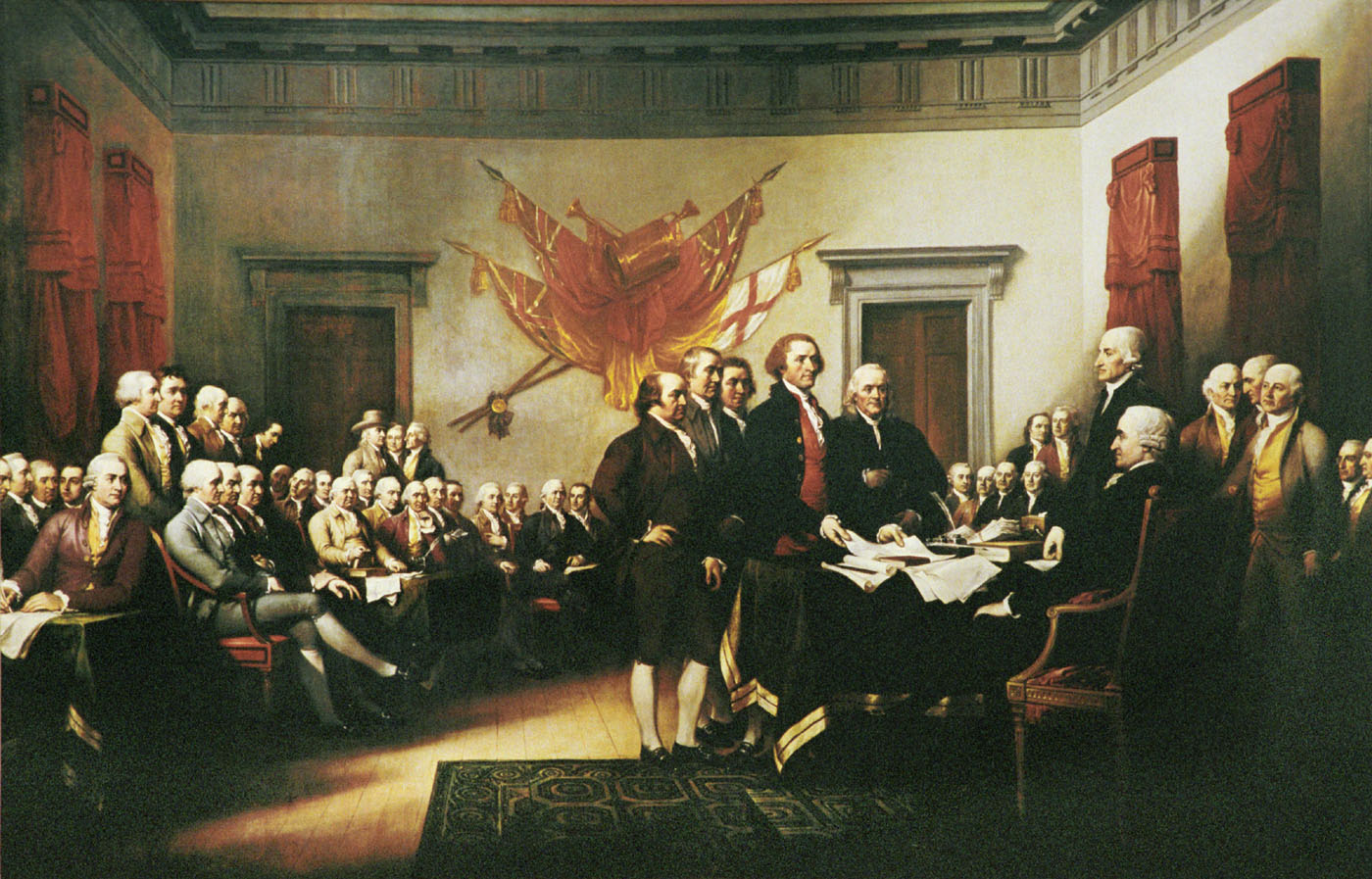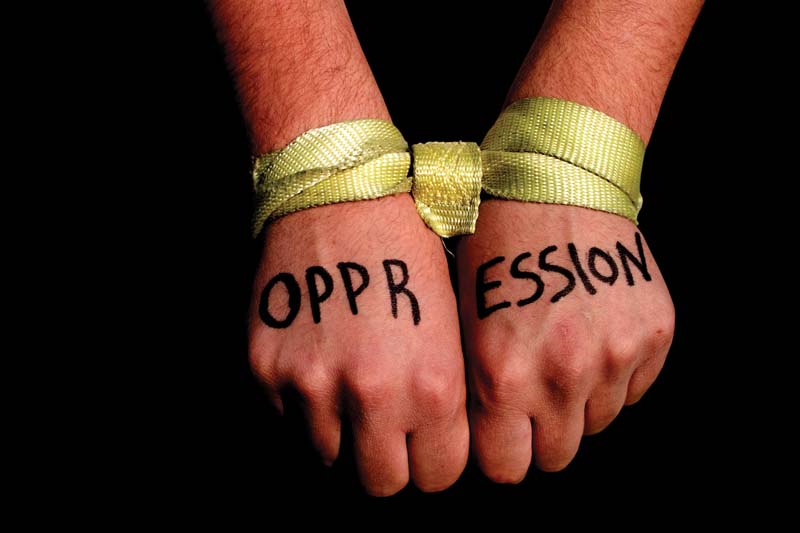First of all, I believe we do need some health care reform. Obama has said things that are correct such as the costs are one of the factors that are ruining our economy. We need to control costs, but I'm not certain what he recommends will do it. There are two fundamental truths that must give all of us some fear about this debate.

The first is, that all governments,including ours, lie to their constituents. I know this is not what one wishes to say about one's government, but it is simply the truth. History proves it. Take the "withholding tax" on our wages. It was instituted during WWII because they needed the money for the war effort. It was going to stop after the War ended, but it wasn't. Another more applicable example would be the title of the first paragraph of the Medicare law which reads,"Prohibition Against Any Federal Interference." The federal government interferes everywhere with the practice of medicine even though it promised not to. That's just what governments do!
Now,I don't believe that the "good people" up there in Washington would purposefully lie, but once a law is created, events happen that force revisions that frequently make the original concept contain lies that may not have been originally intended. History works that way. The trick is to figure out what might happen, and how a law might change in the future, and do everything to protect all of us from these unintended consequences.
A second, more serious problem with our government's proposals is the understanding that the Congress has a integral conflict of interest with this type of legislation. Without beating around the bush, they have promised too much, and they cannot afford all of their promises: Social security, Medicare, Medicaid, government pensions to name a few. It turns out that the shorter our life spans, the less our government has to pay to meet these obligations. Dead people don't collect Social Security!

Here, our government is walking a thin line. Counseling the elderly about "end of life decisions" approaches this conflict a bit too openly, and explains why this provision was removed from the bill. Unfortunately, this conflict does not go away with that small change. How about cancer therapy, or dialysis, or coronary bypass for the elderly? Does that prolong life and increase its financial obligations to us citizens? Unfortunately, our government, and not our lawmakers, is constructed to benefit when laws are passed that encourage all of us to die early. It's best if our government avoids tampering with laws that directly influence our longevity. Controlling our access to medical care does just that.
Again, we do need health care reform, but ObamaCare it too controlling and raises more conflict than it solves. The hostile reaction of our citizens is directly related to the underlying conflicts just raised, and they will not go away. Tort reform, insurance regulation, and futile care legislation would be a good start to the type of reform we really need. Where is it?
James P. Weaver,M.D.,FACS



























